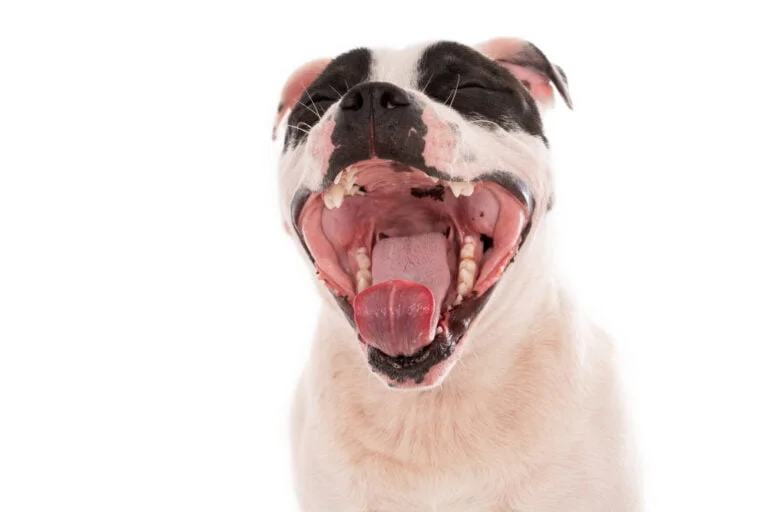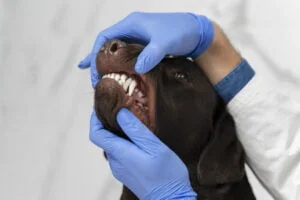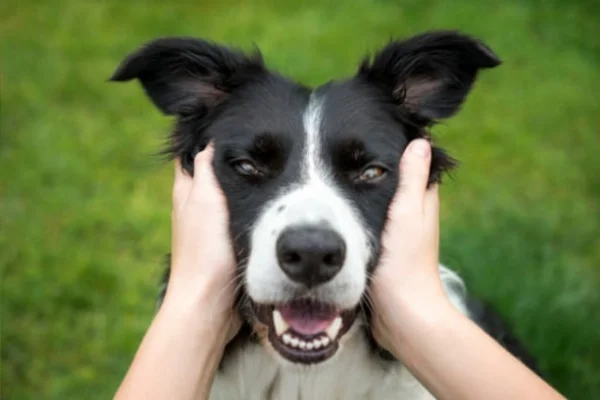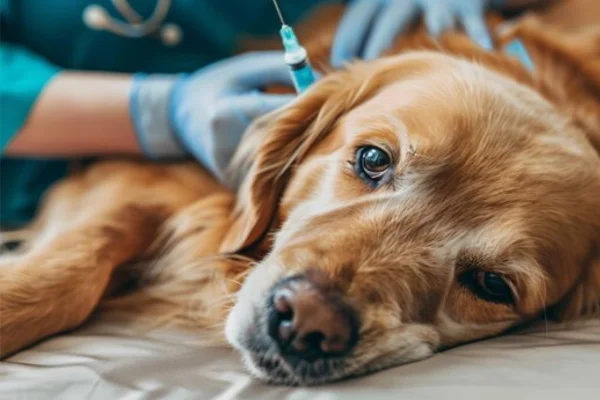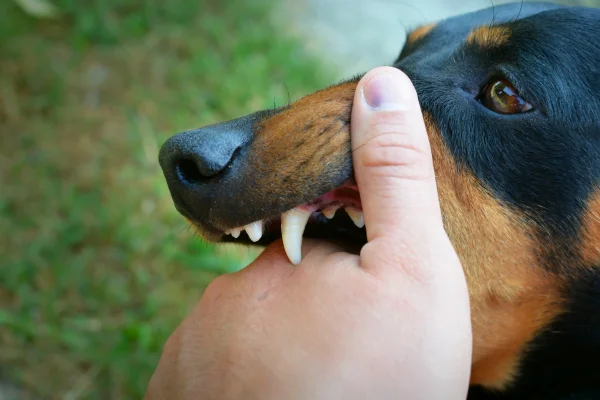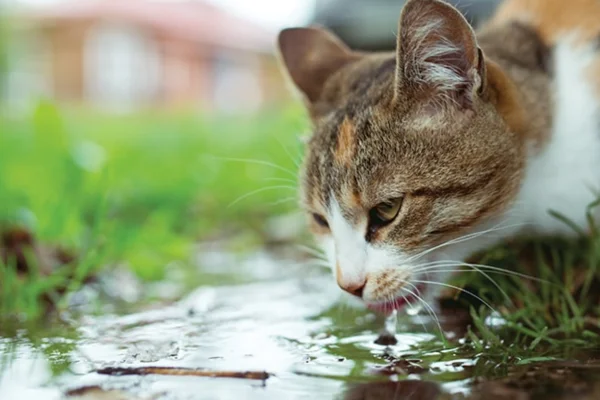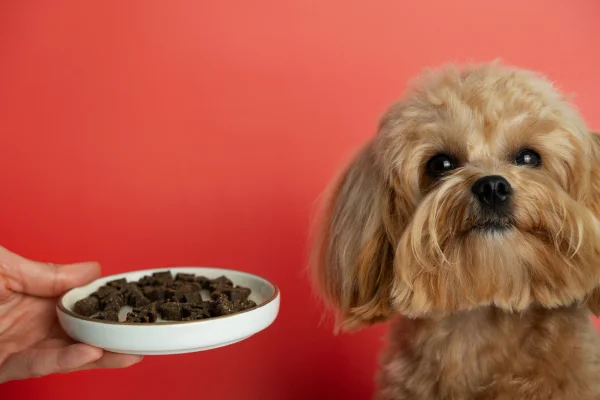Dog with bad breath? Here are six important tips
Introduction
You love your dog unconditionally, but there's something that's been bothering you lately: your four-legged companion's bad breath. The unpleasant odor can be a symptom of various oral health problems that affect dogs. In this article, we'll cover six important pieces of information for understanding and dealing with bad breath in dogs. Join us on this journey to ensure your friend's well-being!
1. the importance of canine oral health
Dogs' oral health is as vital as the health of any other part of the body. Unfortunately, many owners neglect this issue, unaware of the risks associated with poor oral hygiene. Problems such as tartar, gingivitis and infections can arise when oral hygiene is ignored, resulting in persistent bad breath.
2. Causes of bad breath in dogs
There are several possible causes of bad breath in dogs. These include
Contents
2.1 Accumulation of tartar and plaque
Tartar and plaque form when food residue and saliva combine to create an environment that is conducive to the proliferation of bacteria. The build-up of these substances on your dog's teeth can cause an unpleasant smell.
2.2 Dental and gum diseases
Just like us, dogs can also suffer from dental and gum diseases such as cavities, gingivitis and periodontitis. These conditions can lead to bad breath and require proper veterinary care.
2.3 Digestive problems
Some digestive problems, such as gastroesophageal reflux and imbalances in intestinal flora, can result in bad dog breath. It's important to identify and treat these issues to improve your pet's oral health.
3. How to prevent bad breath in dogs
Preventing bad breath in dogs is fundamental to ensuring your pet's quality of life. Here are some measures you can take:
3.1 Regular tooth brushing
Brushing your dog's teeth regularly is the most effective way of preventing bad breath. Use a toothbrush and toothpaste suitable for dogs, following your vet's instructions.
3.2 Proper nutrition
A balanced, quality diet contributes to your dog's general health, including oral health. Choose food from a good source and avoid feeding unsuitable food, such as human waste.
3.3 Dental toys and snacks
Specific toys and treats for canine dental health help prevent tartar buildup and promote chewing, which is beneficial for cleaning teeth.
4. Treatment for bad dog breath
If your dog's bad breath persists even with preventative care, it's important to seek the advice of a vet. The vet will identify the cause of the odor and recommend the appropriate treatment.
4.1 Professional teeth cleaning
In some cases, tartar removal and professional teeth cleaning are necessary to eliminate bad breath. This procedure is carried out under general anesthesia, ensuring your dog's comfort and safety.
4.2 Treatment of oral and gum diseases
If the bad breath is due to mouth and gum disease, the vet will be able to prescribe medication, carry out specific treatments or indicate surgery when necessary.
5. The importance of regular veterinary consultations
As well as preventing and treating bad breath, it's essential to take your dog for regular veterinary appointments. The vet will assess your dog's oral health, diagnose possible problems and offer personalized advice to ensure a healthy smile.
6. Take care of your friend's smile!
With the information shared in this article, you're ready to take care of your dog's bad breath effectively. Remember that oral health is an integral part of dogs' general well-being. Keep your pet's oral hygiene up to date, offer them a proper diet and be sure to seek professional help when necessary.
Now that you have all the tools to give your four-legged companion a fresh smile, put these tips into practice and enjoy even more special moments with your friend!
Thanks for stopping by, check out our other work too
https://cuidar.petlove.com.br/gatos
https://vettopbr.com/tosse-em-caes/

